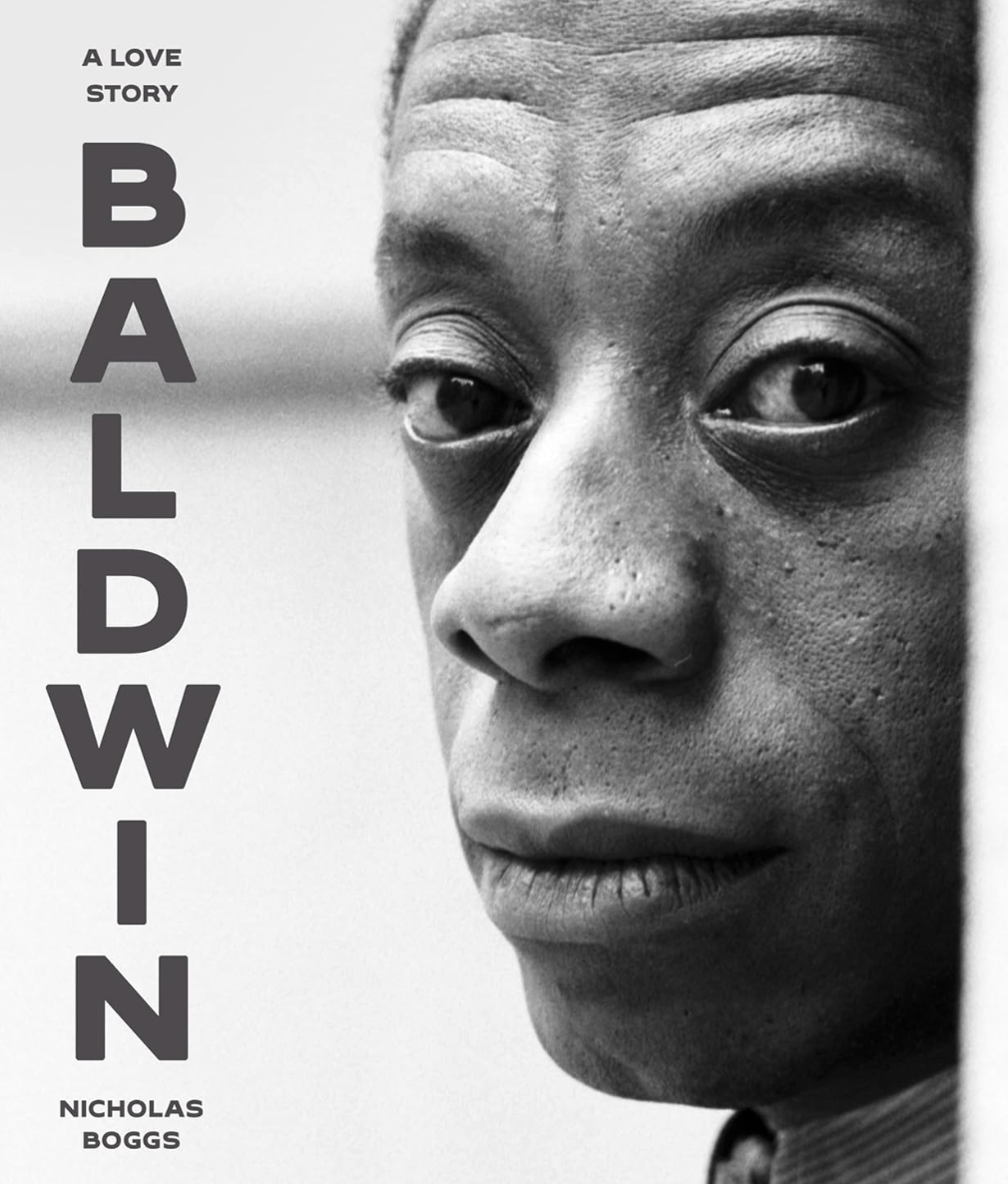The decision to have Smith serve as the delegation’s central voice, since he was the only one there on the front lines of the fight for integration, was either a stroke of strategic genius or uncannily good luck, or perhaps a bit of both. It completely threw Kennedy off, piercing the meeting’s bureaucratic veneer. He was not prepared for the mix of personal truth, raw feeling, and, finally, the volatility of Smith’s words. They “set the tone of the meeting,” Baldwin later explained, “because he stammers when he’s upset and he stammered when he talked to Bobby and said that he was nauseated by the necessity of being in that room,” by which he meant it shouldn’t be necessary for Black Americans to beg their government for equal protection under the law. “I knew what he meant,” Baldwin continued. “It was not personal at all [but] Bobby took it personally and turned away from him. That was a mistake because he turned towards us.”
It was at this point, according to Baldwin, that Hansberry spoke up and said to Kennedy, “You have a great many very accomplished people in this room, Mr. Attorney General, but the only man you should be listening to is the man over there. That is the voice,” she added, pointing to Smith, “of 22 million people.” But the story Smith was telling of his work with the voter registration drive in the South, how he had been beaten up by white racists both inside and outside of jail, how his wife and children had to be moved for their safety, registered to Kennedy and Marshall, as the latter put it, as “very emotional but very inarticulate.” And it only confused and offended Kennedy further when Smith tried to warn him that sometime in the not-too-distant future even those who preached nonviolence, like himself, would become fed up. “When I pull the trigger,” he apparently said in an oft-quoted line, “kiss it goodbye.” Kennedy, now even more dumbstruck and insulted, tried to steer the conversation elsewhere, and to engage other members of the delegation. But Baldwin countered by bringing the focus back to Smith by asking him “if, feeling the way he did, he would fight for the country,” by which he meant in the armed forces. To which Smith replied, “Never! Never!”
